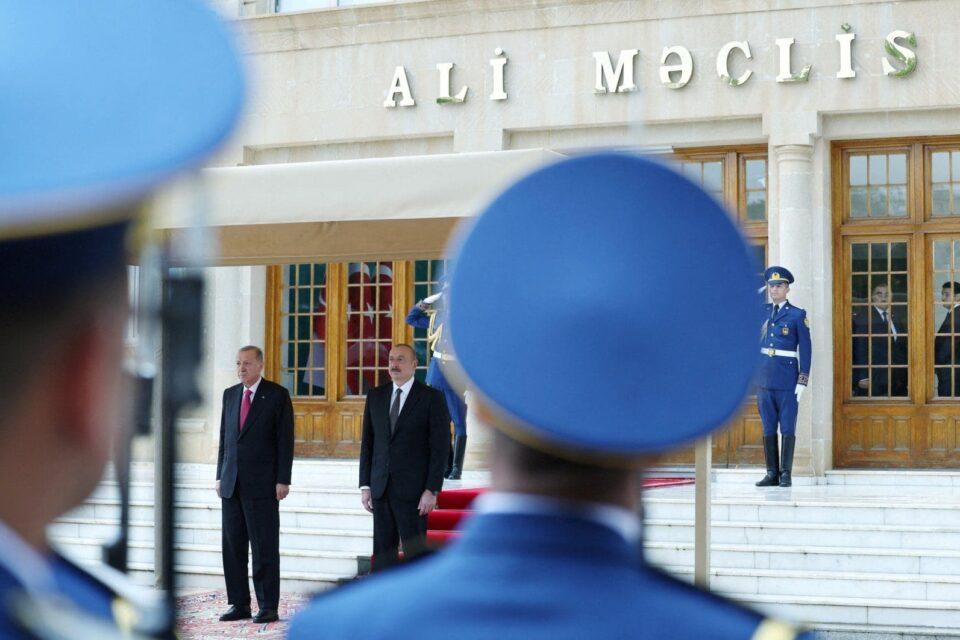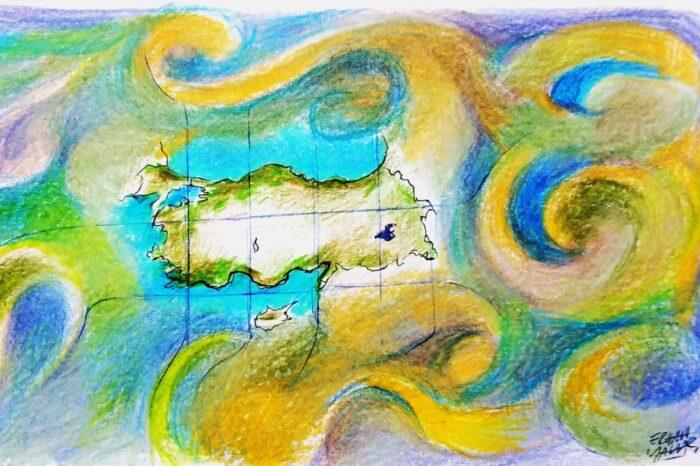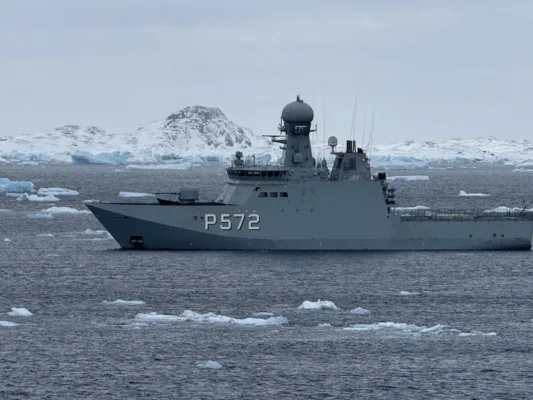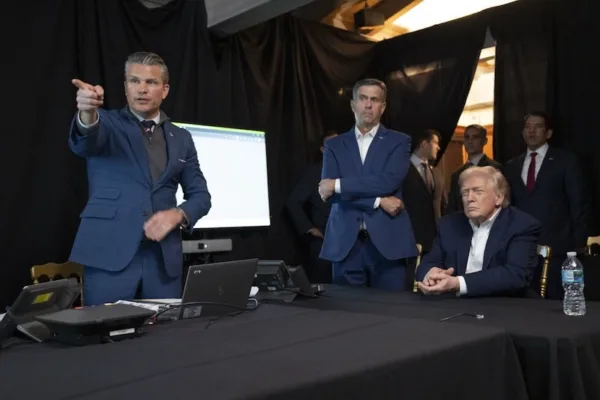Erdoğan’s visit to Nakchivan and Aliyev’s proud moment

President Recep Tayyip Erdoğan visited Nakhchivan, Azerbaijan, on Monday with an official delegation, which included me, to attend groundbreaking and opening ceremonies for a natural gas pipeline and a military complex. By the time of the delegation’s departure, the media reported that eight senior Armenian military officers had been arrested on the charge of plotting the assassination of Prime Minister Nikol Pashinyan.
Following the official ceremony at Nakhchivan’s Supreme Assembly, Erdoğan and his Azerbaijani counterpart, Ilham Aliyev, held a one-on-one meeting. Ahead of that meeting, President Erdoğan introduced the Turkish journalists covering his visit with President Aliyev. As we congratulated Azerbaijan’s leader on his latest victory in Karabakh, Erdoğan stressed that it took a single day for the Azerbaijanis to win “whereas it took 44 days of fighting in 2020” – an obviously proud moment for Aliyev.
It was unmistakably noteworthy that Erdoğan’s trip to Nakhchivan took place right after Azerbaijan’s Sept. 20 counterterrorism operation in Karabakh. Indeed, the Turkish president had told the United Nations General Assembly that Karabakh was Azerbaijani territory and the region needed reintegration. President Aliyev thanked his Turkish counterpart for his remarks at the U.N. during their joint news conference.
Baku’s operation
Baku launched the most recent operation in Karabakh to ensure the proper implementation of the Trilateral Declaration signed on Nov. 10, 2020. Let us recall that armed attacks by Armenians and a so-called presidential election in Karabakh escalated tensions. In response to those developments, the Azerbaijani government carried out a single-day operation to open the Zangezur corridor and establish its de facto sovereignty over Karabakh’s predominantly Armenian parts.
Erdoğan’s visit, which took place against that backdrop, will further strengthen the “strategic integration” between Türkiye and Azerbaijan as well as Türkiye’s cooperation with the Turkic world. Steps toward integration, including the natural gas pipeline, whose groundbreaking ceremony was held earlier this week, shall reach a whole new level as the Zangezur corridor and TURANSEZ Special Economic Zone (a special economic zone in Turkistan) open.
It is possible to argue that Erdoğan and Aliyev’s leadership has made a difference in transforming their vision for the Turkic world into reality and encouraged other Turkic states to view Türkiye’s relations with Azerbaijan as a model.
Obviously, many more steps must be taken for the Turkic world to become integrated. Unlike in the 1990s, however, the state of affairs and the availability of active leadership make such endeavors more feasible.
Azerbaijan’s victory in the Second Karabakh War with Türkiye’s contributions represented a turning point and the Susha Declaration embodied the fraternal relations between the two states. In the future, the Caucasus and Central Asia must integrate and rise in a stable, peaceful, safe and prosperous environment before they become battlefields in the clash among the great powers. Opening the Zangezur corridor, too, is crucial to meeting that target. It is also important to note that peace in the South Caucasus would serve the interests of all countries, including Armenia.
Protests in Armenia
Armenia’s prime minister is trying to deal with rumors at home about an imminent coup and widespread protests. At the same time, Russia reacted to his attempt to cozy up to the United States and the European Union. Nonetheless, Pashinyan insists that describing his country’s dependence on Moscow for national security is a “strategic error.”
Having stopped the Collective Security Treaty Organization (CSTO) from holding a military exercise in Armenia in January 2023, Pashinyan has been talking about the possibility of his country’s departure from that alliance. Furthermore, Yerevan sought to ratify the Rome Statute, the International Criminal Court’s founding document and held a joint military exercise with the U.S. within the framework of NATO’s Partnership for Peace program – as Pashinyan’s spouse, Anna Hakobian, personally delivered aid to Ukraine. All those developments frustrated the Russian government.
In contrast, Azerbaijan enjoyed Türkiye’s support and received Russia’s indirect consent. It also prevented the EU from reacting harshly to its most recent steps thanks to a natural gas deal.
At this time, Pashinyan faces a test of his leadership. He could crack down on the Karabakh Clan, a group of hardliners, citing the Sept. 20 operation and take steps toward a peace treaty. It goes without saying that the Armenian prime minister needs peace and normalization to stop his country from becoming a flashpoint between the West and Russia.
Meanwhile, Ankara wants Baku and Yerevan to sign a peace treaty to promote regional normalization. Indeed, Erdoğan’s recent remarks, “Thugs in Karabakh, not Armenia proper, were responsible for what happened,” reflected his intention to keep Armenia in the fold and commitment to establishing lasting order in the Caucasus. Let us see which steps Pashinyan will take.
Daily Sabah, September 28, 2023























